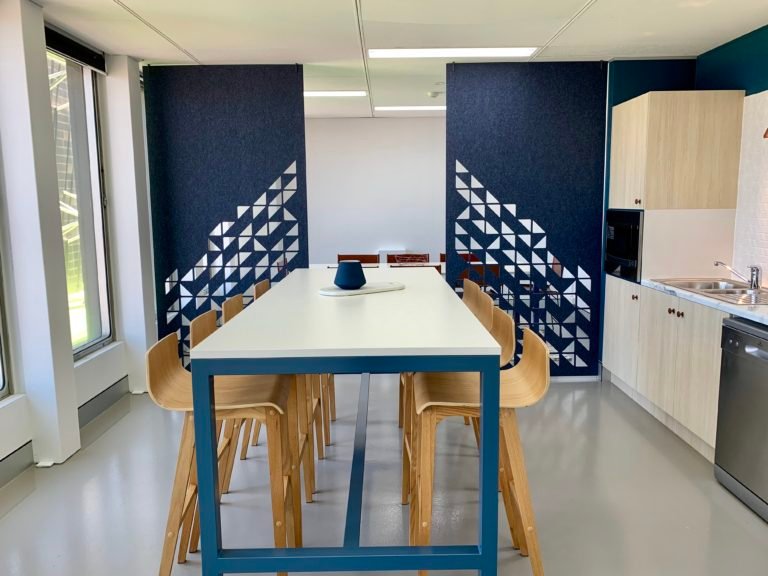Successful Résumé Writing

Although our resume is a great way in which to present our skills and talents to our potential employer, for some, this can pose an issue if they are unable to present their self as the ideal candidate through written words. Some will find that they come across better through face-to-face encounters as they are able to articulate in speech their skills, experience and suitability for the role and combine this with gestures, tone of voice and facial expressions to make a professional impression. However, with today’s employers focusing very much on our resume before agreeing to meet with us, many are finding it difficult to get their name on an interviewees listing.
In order to create a successful and professional resume, you must firstly approach your resume as a kind of one off conversation. On receiving your resume and cover letter (where applicable), an employer will analyze how it has been presented, review it’s content and then depending on their findings, your resume and therefore your candidate application will either be accepted or rejected. The main difference between holding a face-to-face conversation with the employer and your resume, is that you are not provided with an opportunity to change any statements you have made or elaborate further, meaning that the information that you do provide within your resume must be informative, coherent and most of all, relevant. Each job that you apply for will require the candidate to have different skills, qualifications and attributes and so your resume must reflect these requirements effectively. Therefore, a ‘tailor made’ resume will be much more successful than one that is generic.
A common reason for an applicant not gaining a role often stems down to his or her lack of experience for the role. If you doe not posses the required level of experience, there are a number of ways in which you can identify other skill areas you have which can help to portray you as a desirable candidate for the role. Listing your personal attributes and disciplines and how this benefits you in a working environment can help show how your skills can be effectively applied within the role in question. This is also the time in which to present yourself as a good team player and individual worker. Although listing how you were successful in your past roles can be beneficial, you should only emphasize on these points if they relate directly to the role in which you are applying for.
Your main goals when writing your resume is to instantly gain the attention of the employer. The further down your resume an employer reads, the more they will learn about you and your suitability for the role. Often a resume will be merely glanced at or even ignored altogether and so the words you choose and the general presentation you adopt is crucial. In order to reach this stage, you must simply, sell yourself. Your resume should not be viewed as a generic application form, but instead, as an opportunity in which to sell you and your brand as the ideal candidate. Your resume is the only thing of which an employer can create an image of you and so your main goal is to present yourself as professional, experienced and capable in an attempt to persuade him that you are the ideal potential candidate.
A resume is indeed a record of your academic and working experiences, but it should first and foremost, be recognized as an image of you as a candidate. How you portray yourself within your resume will paint an image as to the type of character and worker that you are. So, when it comes to writing a successful resume, it is not about what you put in, but more so about the passion and execution in which you throw into your presentation of you.






